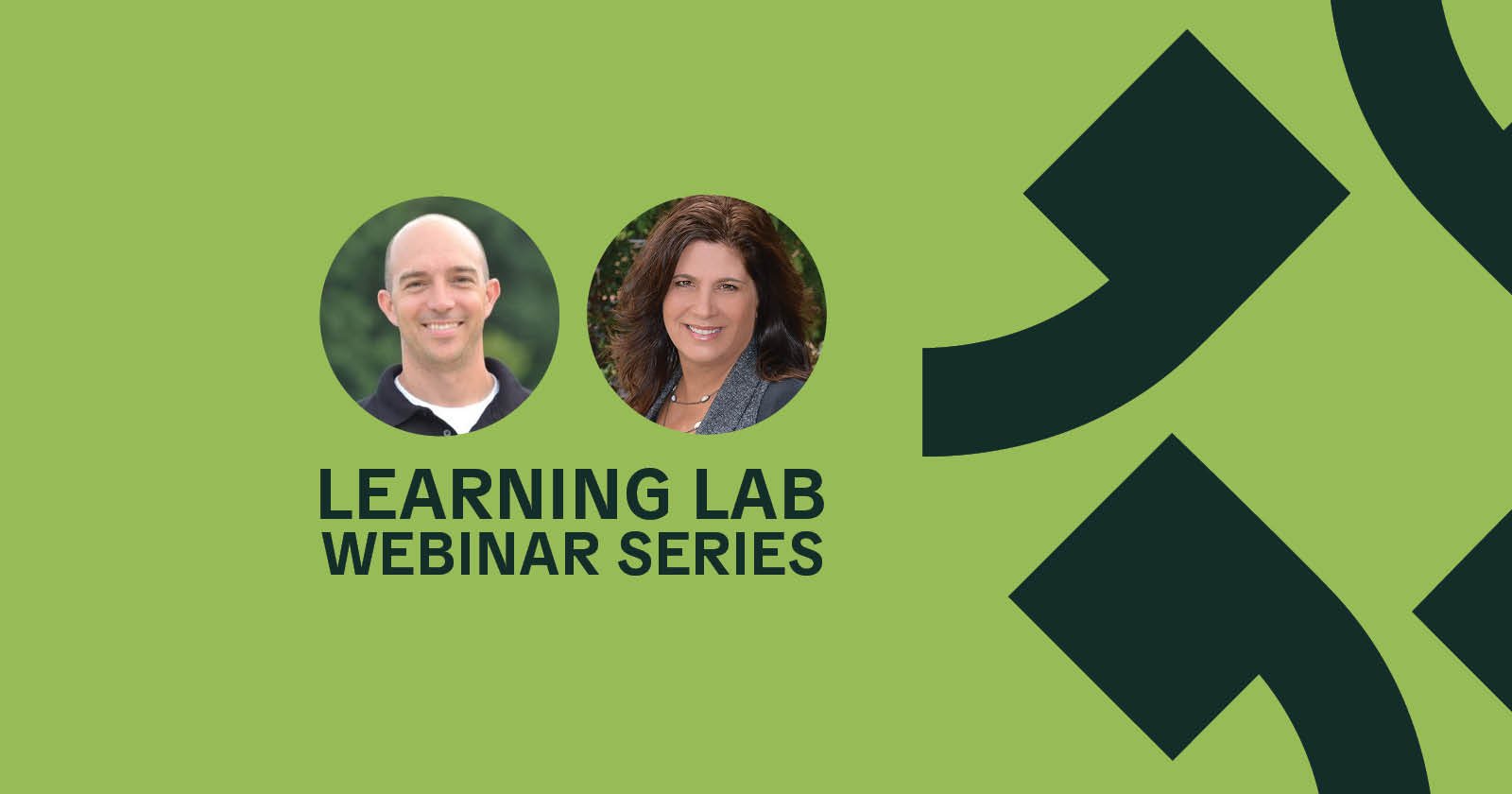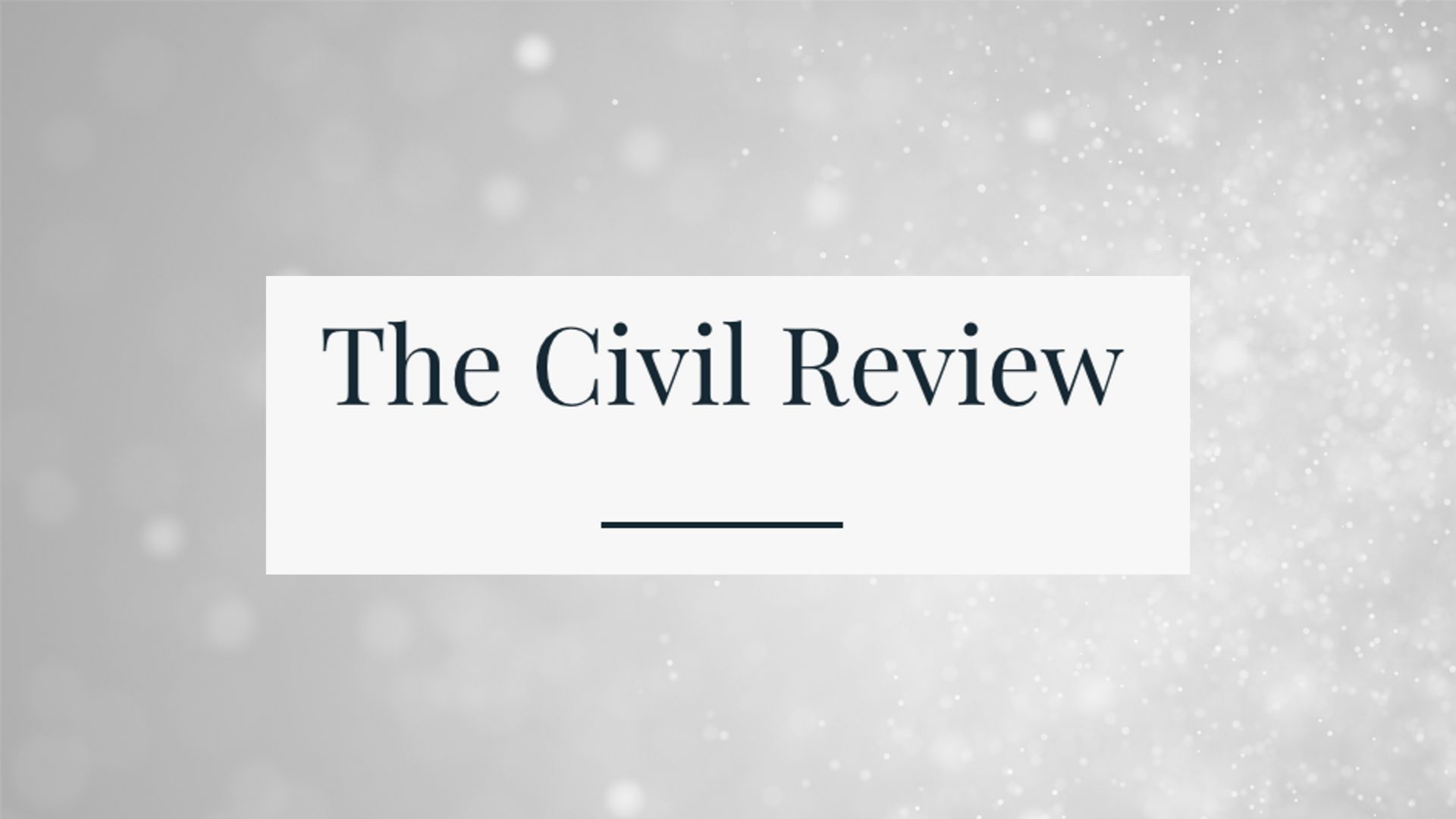Using Engagement Data to Understand Your Community Needs
By NRC on February 18, 2020

-Polco Learning Lab Webinar Show Notes-
If you could have accurate resident opinions on any topic right now, what would you want to know?
For some, the answer to this question is complicated. You may be wondering, “Where do I start in asking my residents? How do I capture the data? Or why should I be asking my constituents in the first place?”
In this Polco Learning Lab webinar, Sr. VP of Innovation Michelle Kobayashi and Polco Founder and CEO Nick Mastronardi reveal the best ways to understand, meet, and exceed the needs and expectations of your community. You’ll discover how powerful and useful stakeholder opinion can be throughout the policy lifecycle. You’ll see different ways to look at data in Polco. You'll also hear how top-performing cities leveraged their own engagement results for more informed decision-making.

The Power of Community Engagement
Chances are, you already have some idea of why gathering feedback from stakeholders is critical in governing these days.
While the main goal of seeking public input is to help you make better decisions, broad engagement yields an even wider range of benefits.
Community Engagement Online
- Leads to higher levels of overall participation
- Makes for better government transparency and accountability
- Allows for more informed participation
- Facilitates more representative and balanced participation
- Saves staff time and effort
Including residents in city planning helps local governments become more community-centric. This form of engagement, in effect, makes you a partner with your stakeholders.
Capturing Stakeholder Data
You may often hear from the “squeaky wheels” or the “frequent flyers” at your public meetings.
And while research shows only about one in five residents would contact an elected official to express an opinion, most residents still want a say in their community.
Accessible survey tools, like the Polco platform and The National Community Survey (The NCS), can help you reach more residents who wish to have a say. These tools provide accurate reports for stronger decisions.
But capturing resident opinion is more than just a one-and-done proposition. There are multiple stages to engage your residents throughout the policy lifecycle.
4 Steps to Success with Engagement Data
Identify Sentiment Baselines and Trends
Annual survey data can help you establish baseline metrics and discover new trends as time goes on.
For example, asking residents year over year, “How would you rank ABC as a place to live?”
Crowdsource Concerns and Brainstorm Ideas
Open-ended questions with constituents can help you uncover new ideas and solutions. They even allow for underheard, individual perspectives to surface.
“What sort of amenities would you like to see more of downtown?”
Prioritize Initiatives and Alternatives
Asking residents about their priorities for the community can help you determine the best funding and resource allocation.
“How would you rank the following initiatives from most to least important.”
Collect Valid Input on Specific Proposals
Gauging public sentiment before starting costly or controversial projects can ultimately save you a lot of time and money. Gathering resident feedback before, during, after pilot programs and policy changes allows you to measure success and decide whether or not to move forward.
“Do you believe we should be using pesticides on public property?”
Consistently posing questions like these to your community over time creates a cycle of accountability and change.
Welcoming stakeholders into the decision-making process is crucial to the modern civic process. Public engagement increases trust and accountability. It leads to evidence-based solutions and the best plans for your community as a whole.
Related Articles
Popular posts
Sign-up for Updates
You May Also Like
These Related Stories

The Civil Review Re-Envisioned: Where Research Meets Action for Leaders

5 Ways Local Governments Can Use Survey Data

